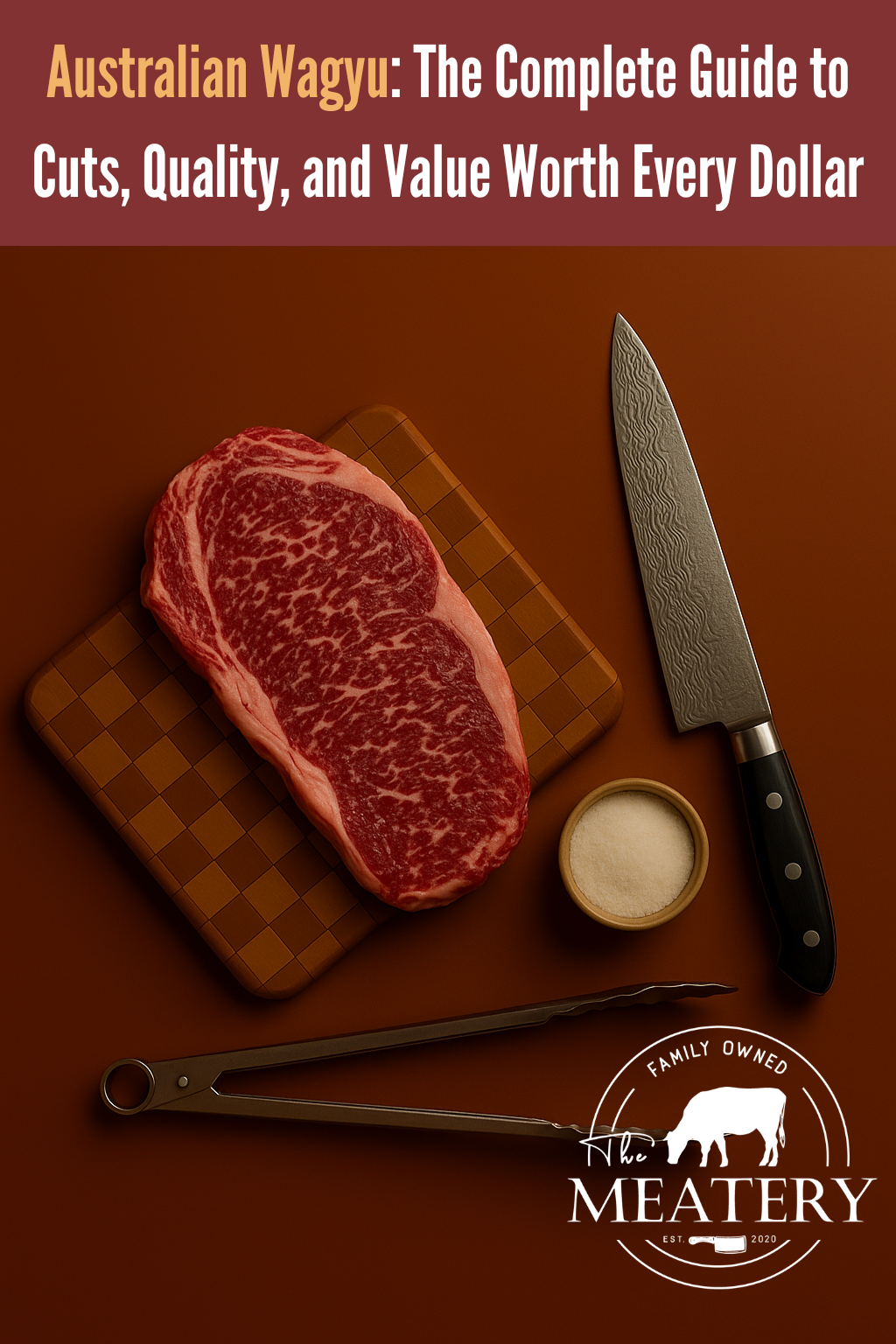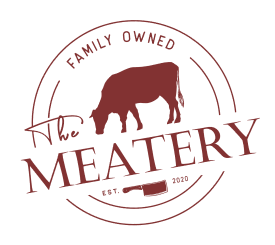Australian Wagyu offers a diverse range of premium beef cuts that cater to various culinary preferences. The most sought-after cuts include the ribeye (scotch fillet), striploin, tenderloin (filet mignon), and sirloin, each known for its exceptional marbling and texture.
The ribeye, particularly from Australian Wagyu, presents stunning marbling patterns and is celebrated for its rich, buttery flavor profile. The striploin offers an excellent balance of texture and marbling, making it perfect for grilling or pan-searing. The tenderloin, while less marbled, provides unmatched tenderness that's characteristic of premium Wagyu beef.
- Ribeye: Highest marbling content, ideal for grilling
- Striploin: Balanced marbling and texture, versatile cooking applications
- Tenderloin: Supreme tenderness, perfect for special occasions
- Sirloin: Excellent value, great for everyday luxury
Secondary cuts like chuck, brisket, and flank also offer exceptional quality at more accessible price points. These cuts shine in slow-cooking methods and demonstrate the versatility of Australian Wagyu. The rump cut, particularly popular in Australia, provides an excellent combination of flavor and value.
Is Australian Wagyu Worth It?
Australian Wagyu represents a significant investment in quality, and its value proposition is compelling for several reasons. The meat's exceptional marbling, tenderness, and flavor profile justify its premium pricing, especially when compared to conventional beef.
What makes Australian Wagyu worth the investment:
- Consistent Quality: Strict grading systems ensure reliable quality standards
- Superior Marbling: Distinctive intramuscular fat distribution creates unparalleled texture
- Sustainable Practices: Australian farming methods prioritize animal welfare and environmental responsibility
- Value Positioning: More affordable than Japanese Wagyu while maintaining high quality
While premium cuts command higher prices, the cost-to-satisfaction ratio often exceeds expectations. The intense flavor and rich eating experience make it a worthwhile investment for special occasions or when seeking a superior culinary experience.
Comparison With Other Wagyu Types
Australian Wagyu holds its own unique position in the global Wagyu market, distinct from Japanese and American varieties. While Japanese Wagyu is often considered the gold standard, Australian Wagyu offers compelling advantages:
- Japanese Wagyu: Highest marbling levels, most expensive, limited availability
- Australian Wagyu: Excellent marbling, more affordable, consistent quality
- American Wagyu: Variable marbling, crossbred focus, wider availability
Australian Wagyu typically features marbling scores between 6-9 on the Australian meat grading system, comparable to Japanese scores of A4-A5. The cattle are raised on vast pastures, combining traditional Japanese genetics with Australian farming expertise, resulting in a unique product that balances quality with value.
Is Australian Wagyu Full Blood?
Australian Wagyu encompasses both fullblood and crossbred varieties. Fullblood Wagyu refers to animals that can trace their genetics 100% to Japanese bloodlines, while crossbred Wagyu contains varying percentages of Wagyu genetics.
The Australian Wagyu industry maintains strict genetic tracking through the Australian Wagyu Association (AWA). Categories include:
- Fullblood (F1): 100% pure Japanese Wagyu genetics
- Purebred: Minimum 93.75% Wagyu genetics
- Crossbred: Typically 50% to 75% Wagyu genetics
Each category offers different characteristics and price points, allowing consumers to choose based on their preferences and budget.
How Did Australia Get Wagyu Cows?
The introduction of Wagyu cattle to Australia represents a fascinating chapter in agricultural history. The first Wagyu genetics arrived in Australia in the early 1990s, primarily through embryo transfers and live cattle imports from Japan.
Key milestones in Australian Wagyu development:
- 1990-1992: Initial importation of Wagyu genetics
- 1993-1997: Establishment of breeding programs
- Late 1990s: Development of Australian Wagyu breeding standards
- 2000s: Expansion of commercial production
Australia's vast grazing lands, advanced agricultural practices, and commitment to quality have since transformed the country into one of the world's largest Wagyu producers outside Japan.
Is All Australian Wagyu Halal in the USA?
Not all Australian Wagyu imported to the USA is automatically Halal-certified. While Australia has a robust Halal certification system, individual producers must specifically obtain Halal certification for their products.
Key considerations regarding Halal Australian Wagyu:
- Certification Process: Must meet both Australian and Islamic requirements
- Processing Facilities: Need specific Halal certification
- Supply Chain: Requires maintained Halal integrity throughout
TheMeatery only sources halal Australian Wagyu, which should make it your #1 supplier for the best beef in the world!









